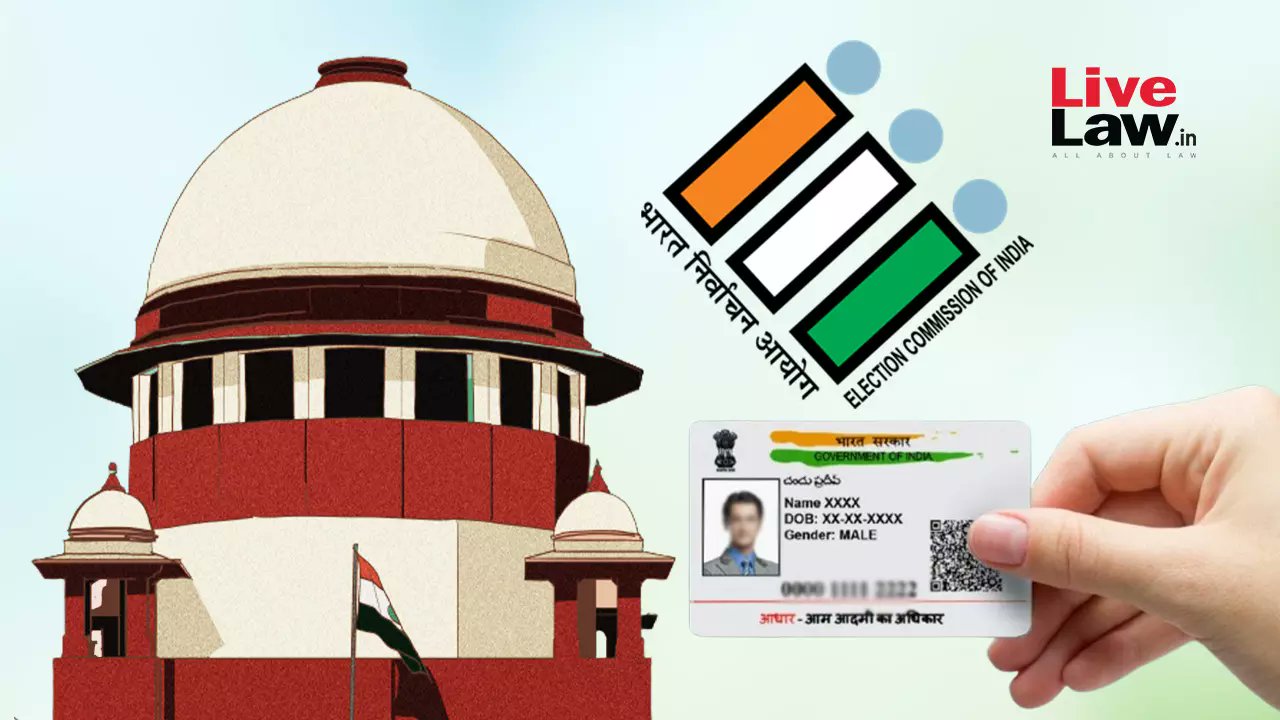New Delhi: The Supreme Court has clarified that Aadhaar cannot be treated as absolute proof of citizenship as it began final hearings on petitions challenging the Election Commission’s Special Intensive Revision (SIR) of electoral rolls.
A bench comprising Chief Justice Surya Kant and Justice Joymalya Bagchi emphasized that the Election Commission retains the “inherent power to verify entries in Form 6”, the application used to register as a voter. The judges pointed out that Aadhaar is meant to provide access to government benefits, not automatically confer voting rights.
“Just because someone has Aadhaar for ration purposes, should they be allowed to vote? Suppose someone from a neighbouring country works here as a labourer—shall they be allowed to vote?” the bench questioned. They also rejected suggestions that the Election Commission function like a “post office” that must automatically accept every Form 6 submission.
Senior advocate Kapil Sibal, representing petitioners, argued that the SIR process places an unconstitutional burden on ordinary voters, many of whom could struggle with paperwork, potentially risking deletion from the voter list. He stressed that the exercise could affect the core of democracy.
The bench, however, noted that previous SIR exercises cannot be used to undermine the EC’s authority to conduct revisions. Any deletion from the voter list must follow due notice.
The court also set timelines for state-specific challenges:
- Tamil Nadu: EC to respond by December 1; rejoinders within two days; hearing on December 4
- Kerala: Hearing on December 2; EC reply due December 1
- West Bengal: Hearing on December 9, with responses expected from the EC and state bodies by December 1
The Supreme Court’s observations underline the need for careful scrutiny of voter registrations and reaffirm that Aadhaar alone cannot determine voter eligibility.




